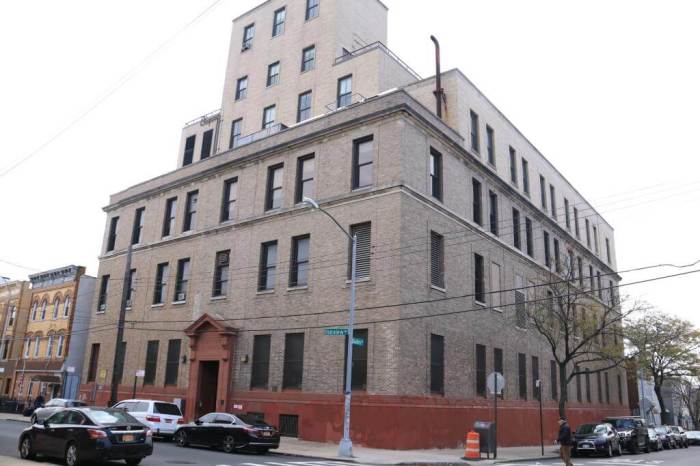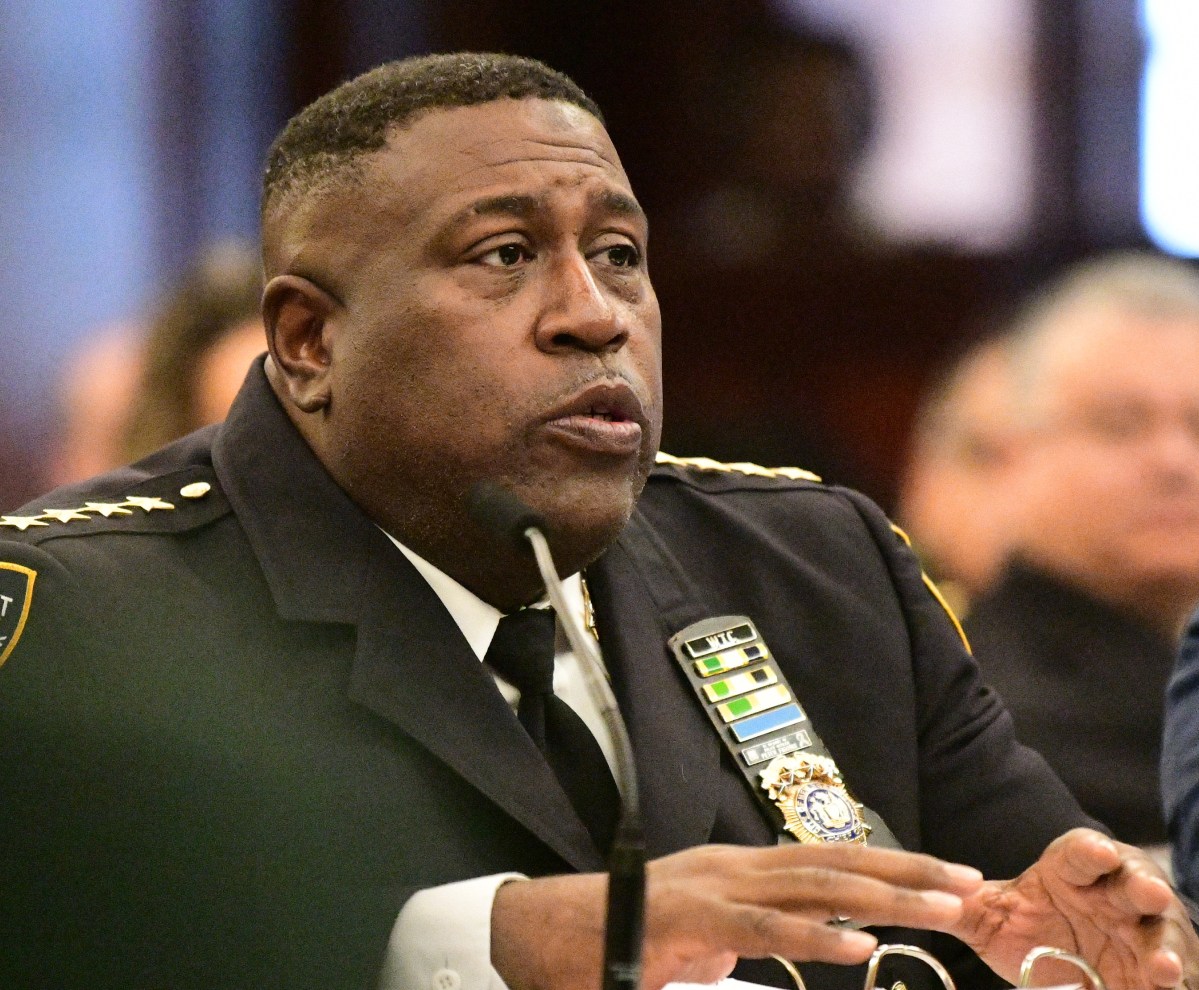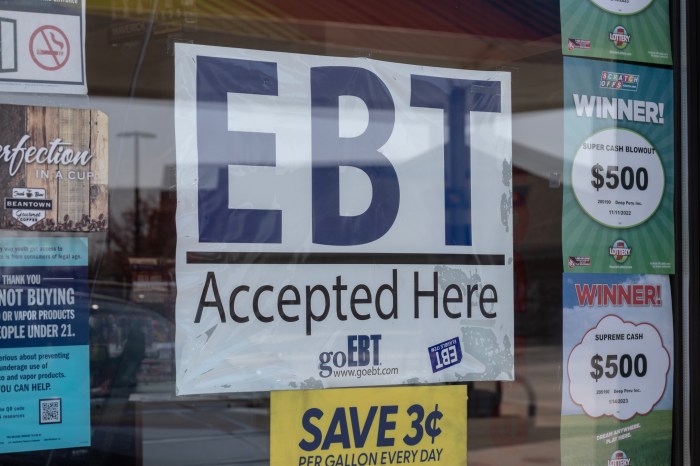Facing mounting criticism of its plan to fingerprint Barbadians and visitors entering and leaving Barbados, a red-faced government late Friday issued a retraction of the measure, which was set for an April 1 start date.
But this is not good enough for the Opposition Barbados Labour Party, whose spokesman, Edmund Hinkson, said at a weekend rally that the party is anyhow taking the Prime Minister Freundel Stuart administration to court, because the party believes that implementation of the Immigration (Biometrics) Regulations is unconstitutional.
Government Information Services Friday evening reported Acting Chief Immigration Officer, Wayne Marshall, saying that the decision to defer the start of the biometrics screening programme was taken to allow the department more time to re-examine some of the issues raised publicly and to increase public awareness about the initiative.
But Hinkson, a BLP member of Parliament, on Saturday claimed partial victory for the people through the withdrawal, and said it is none-the-less still a matter for the law courts.
“We still going to court to get the regulations declared unconstitutional, because you can’t prevent Barbadians from leaving Barbados or from coming back into Barbados when they have a right under the Constitution to do so.”
The Immigration Biometrics Regulations require all persons passing through the island’s ports be fingerprinted, but some Barbadians have objected to this procedure being applied to them in their own country.
Objectors included, prominent activist and lawyer, David Comissiong, the BLP, and the umbrella organization for the island’s lawyers, the Barbados Bar Association, which stated that it would join anyone, or any group, that is taking government to court on the matter.
“You imagine that you will get fingerprint when you have a right under the constitution to enter Barbados, as a Barbadian, the country of your birth where your navel-string bury,” Hinkson told a BLP rally Saturday.
Opposition Leader, Mia Mottley, had told parliament during last week’s debate on the national estimates of revenue and expenditure, in which almost Bar$3 million (Bar$2 = US$ .50) was proposed to support the fingerprinting, that she has a team of fellow lawyers ready to launch into battle with the Prime Minister Stuart administration over the issue.
Compulsory fingerprinting is the first measure that government said it plans implementing to keep it in line with international requirements for ports of entry and departure, and is to be followed by full face scans later this year.
But while objections spread across the island to the fingerprinting of travelling Barbadians, Prime Minister Stuart said, also during the same debate on estimates last week, that Barbadians may be among the culprits who the regulations are intended to catch.
He cited a case of a Barbadian who was deported back to the island from Canada, but repeatedly manipulated the local system to obtain new identities and returned to Canada on multiple occasions.
Stuart told parliament, the deported man, “went and did a change of name; got a birth certificate to correspond to it; got an ID card to correspond to it; and went and got a passport and left Barbados again under a new name to go back to that country.
“Sent back again, he came back for another change of name, another birth certificate, another ID card, another passport again.”
Stuart said several Caribbean nationals deported from Barbados were also abusing their country’s system to return to Barbados, but pointed out that implementation of the fingerprinting system is so far a foolproof security option against these scams.
“You can change your name as much as you like. You can’t change your fingerprints though,” he said.
Opposition Leader and a former attorney general, Mottley, however pointed out that the Immigration Biometrics Regulations were made under a section of the Immigration Act that empowers the relevant government minister to make regulations concerning the entry of suspicious people into the island.
But, she asked, “How could a Bajan be on suspicion of entering inappropriately to their own country?”.
She further questioned what happens when a Barbadian refuses to be fingerprinted. “Where are you going to deport them to?” and added, “You can’t deport your citizens. So if you can’t deport them, you then criminalize your citizens.”
She contended that the regulations will make criminals of many Barbadians who may be concerned about breach of privacy of their fingerprints.



















